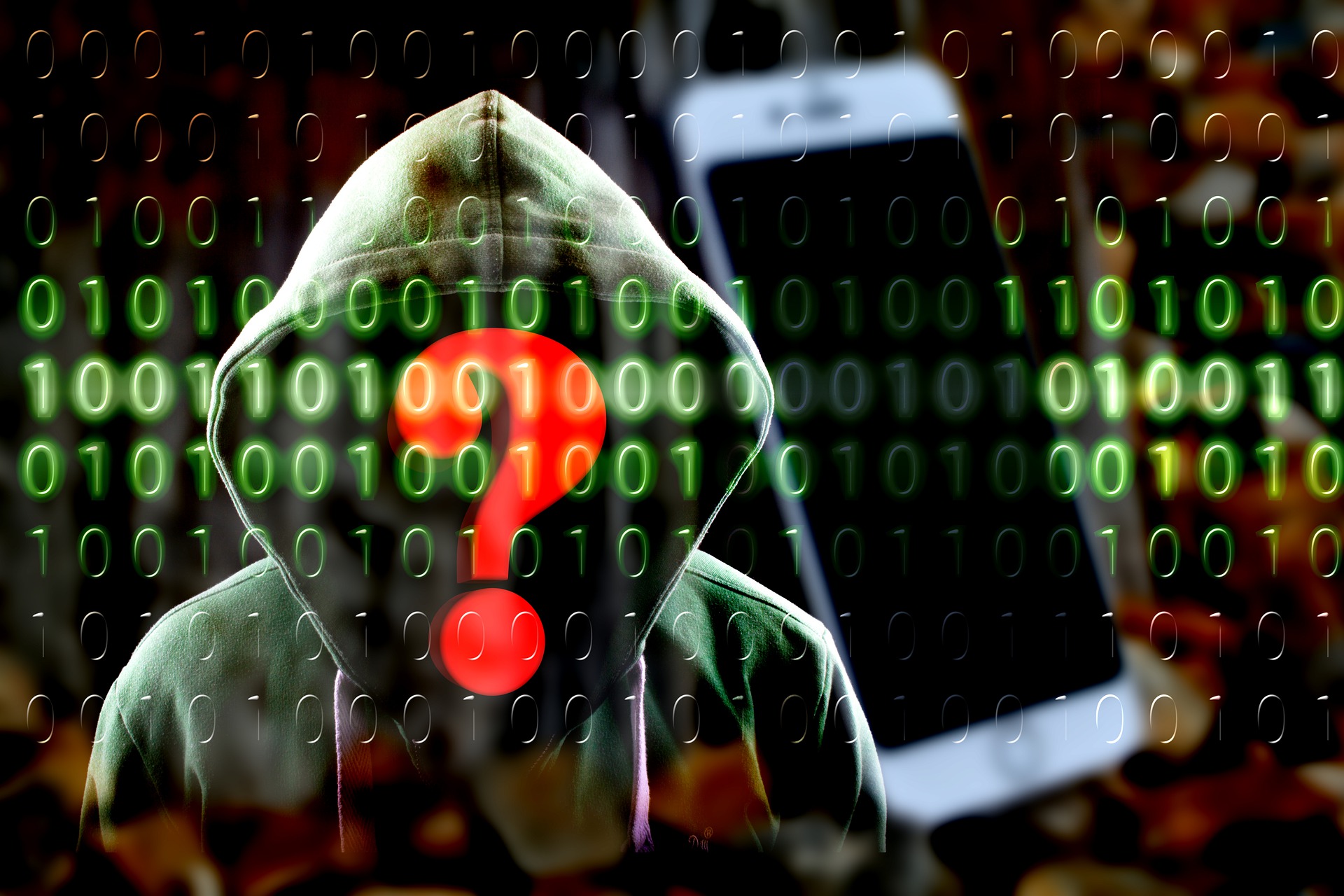It’s been about 5 months since Biden met with Putin and discussed everything from country relations to prospective plans for future cooperation between both countries.
One of the main issues being the severe ransomware attacks against the US by Russian housed groups has not shown any signs of improvement.
Lawmakers are growing anxious over what seems like no results from that conversation, and are worried about Biden’s abilities to properly confront Russian.
After the Geneva meeting in July, the White House issued a statement saying that Biden “spoke with President Putin about the ongoing ransomware attacks by criminals based in Russia that have impacted the United States and other countries around the world.”
But since this conversation, it hasn’t been clear as to whether or not Biden’s conversation with Putin actually yielded results…
Before the Geneva meeting, the United States saw several waves of ransomware attacks on some of our biggest industries and tech. After their attack on a major pipeline, they continued to attack one of the world’s largest international meat processors.
And then later in September T-Mobile also faced a severe data breach.
And just recently, The House Homeland Security Committee also suffered some attacks. National Cyber Director Chris Inglis testified about these attacks. “We have seen a discernible decrease… It’s too soon to tell whether that is because of the material efforts undertaken by the Russians or the Russian leadership.”
On the other hand, the FBI has a different story to tell. “From an FBI perspective, we have not seen a decrease in ransomware attacks in the past couple of months originating from Russia,” said Bryan Vorndran.
There is a complete lack of data when it comes to ransomware attacks on the US, which is making lawmakers uneasy about the US’s ability to protect itself and hold those who are responsible accountable.
Assistant Director of the FBI’s cyber division Bryan Vorndran has admitted that the FBI does not see as much as one might think. “Please understand we do have incomplete data. In a best-case scenario, we only see about 20 percent of the intrusions in the country.”




